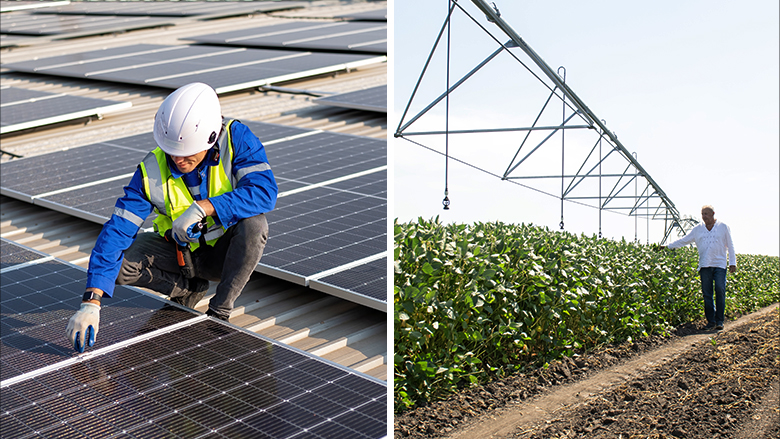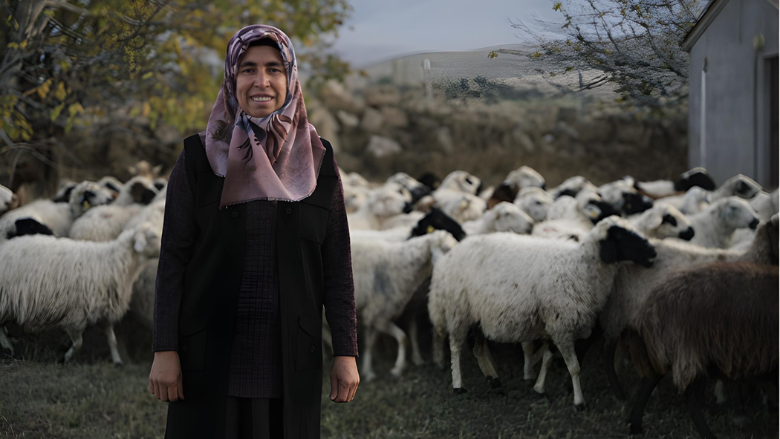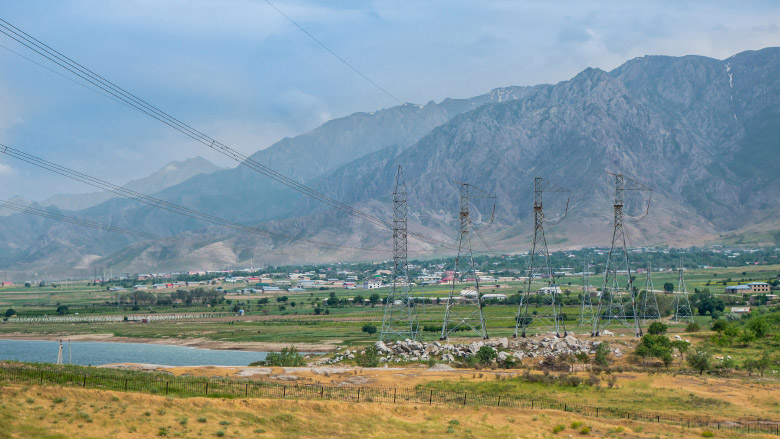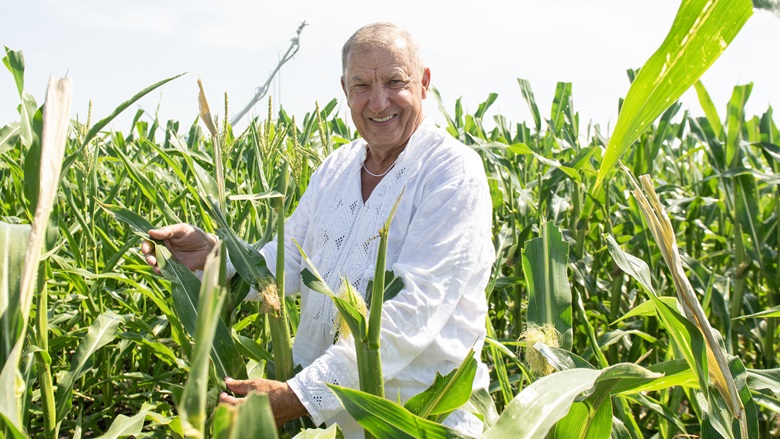Raising the Ambition: Transforming Energy and Water Systems in Europe and Central Asia
Date and Time: November 13, 10:00 AM UTC+4
This session will bring together senior ministers, private investors, and the WBG to discuss how countries can harness reforms and mobilize public and private investments for energy and water efficiency to achieve win-win-win results for development, water and energy security, and meet climate mitigation and adaptation objectives.
Climate Action in the Western Balkans: Why? What? How?
Date and Time: November 13, 1:00 PM UTC+4
The event will explore how the Western Balkans, one of Europe's regions most vulnerable to climate change, can boost climate adaptation and reduce greenhouse gas emissions while continuing to deliver on broader development goals. Drawing on the World Bank Group's flagship Western Balkans Country Climate and Development Report, experts and policymakers will discuss policies and investments crucial for achieving a resilient, net-zero future.
Navigating Green Policies to Leverage Trade for Sustainable Growth and Prosperity
Date and Time: November 14, 3:00 PM UTC+4
The session explores how climate mitigation policies in advanced countries affect trade and development in low- and middle-income countries. A panel will discuss the potential unintended consequences of these policies, how to prevent them, and the role of advanced economies and the global community in supporting developing nations’ trade-driven growth.
Scaling Up Energy Efficiency and Renewable Investments in Europe and Central Asia
Date and Time: November 15, 2:00 PM UTC+4
Boosting energy efficiency and renewable energy is essential for Europe and Central Asia’s secure, affordable, and sustainable energy future. In support of countries’ efforts to raise their ambition, the World Bank Group has launched a program to scale up public and private investment, achieve replicability and scalability, and facilitate knowledge sharing.
Labor Policies for Inclusive, Climate-Resilient Workforce in Europe and Central Asia
Date and Time: November 18, 2:00 PM UTC+4
Social protection is a lifeline for poor people, protecting them from shocks and transitions, including global crises. The World Bank is helping countries implement more environmentally sustainable practices as part of a “green transition.” The event will highlight the impact of this green transition on the labor force in Central Asia and Europe, and how the region has designed social protection and labor policies for a resilient workforce.



